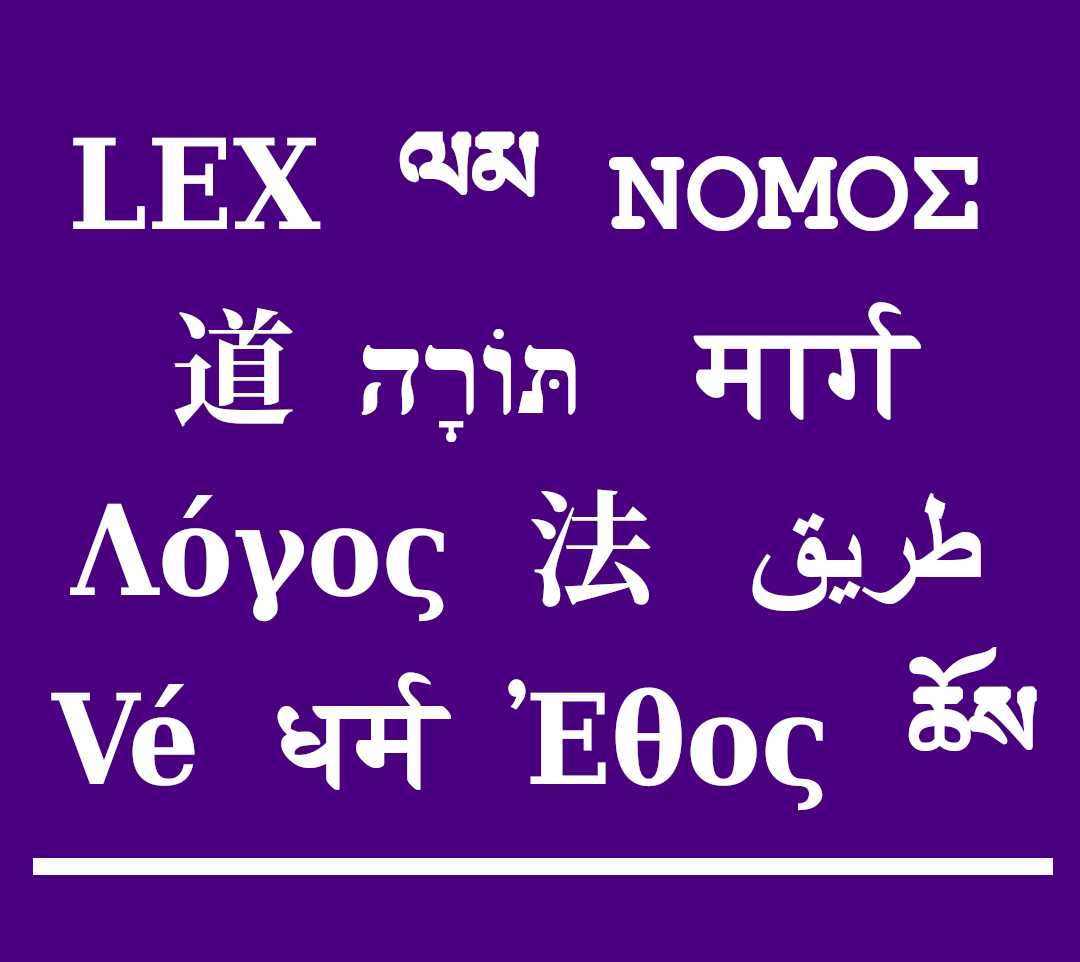Script: Defining Dharma
A Journey to the West
# Introduction > [On-screen title: *Defining Dharma: A Journey to the West*] > [Cut to a slow pan across ancient stone carvings, manuscripts, and cultural rituals from various parts of the world. Soft ambient music plays.] The word *dharma* is one of...
 Gary Dean
Gary Dean


